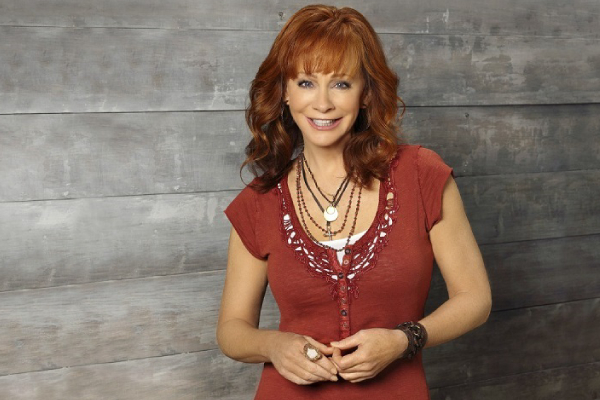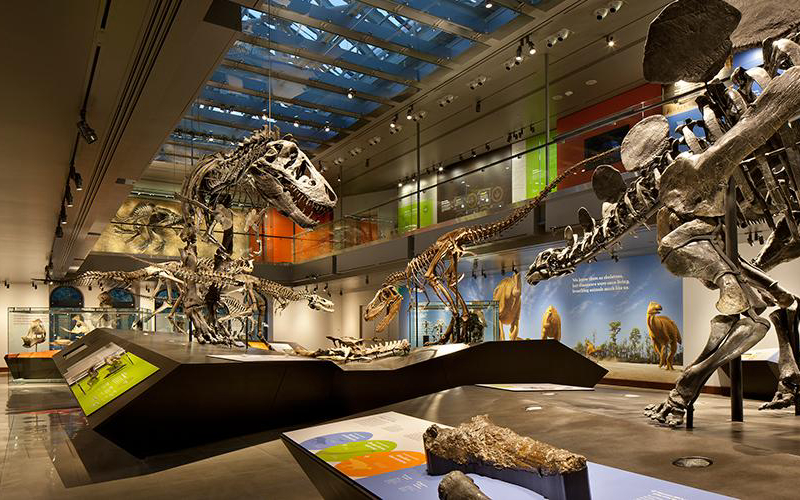Recently with the help of grassroots and highly publicized media campaigns like ONE.org and our country’s shift of media coverage of individuals in neglected, third world countries, our country has begun opening its eyes to the massive social, political, and economic inequalities that are so prevalent within our world.
In America, the ONE campaign has become the biggest voice in years to call for a fight against global AIDS and extreme poverty. The ONE campaign pushes to allocate an additional one percent of the American budget towards providing basic needs such as health care, education, clean water and food for the world’s poorest countries. Though ONE calls for reforms in all of the world’s poorest countries, they have specifically focuses in on the African continent. No other continent, more than Africa has been hit harder by these crises. In Africa especially, ONE is calling for debt cancellation, trade reform and anti-corruption measures to help African nations beat AIDS and extreme poverty.
ONE is not asking people for their money – rather they want people to speak up and fight against AIDS and world poverty so that decision makers will do more to save millions of lives in the poorest of countries. More than half a million Americans have joined ONE since April 2005; 800,000 have signed the ONE declaration pledging to make a difference. More than one million Americans are also wearing white bands as a show of support for ending extreme poverty and global AIDS. ONE aims to bring the voices of every American together with one message and one purpose: to make poverty history.
With the allocation of an additional one percent of the US budget we can help prevent 10 million children from becoming AIDS orphans; We can help get
104 million children into grade school; We can help provide water to almost
900 million people around the globe; We can save almost 6.5 million children under 5 from dying of diseases that could be prevented with low-cost measures like vaccinations or a well for clean water, and We can build a better, safer world for all.ONE believes that Americans working at the local level can
beat extreme poverty and AIDS globally. Here in Irvine I helped create a grassroots/community based effort aimed to support the children and especially AIDS orphans in Africa. This organization is called The Africa Project and our goal is to link our community with one village in Africa.
Earlier this year, several of us in Irvine got together to organize a community based organization to help Africa. Our mission at The Africa Project is to ensure that the basic needs of children in Africa are met. Those needs include having a safe place to live, adequate food and nutrition, access to education, and proper medical care. From July to early August, I am traveling to Nkandla, South Africa with a handful of others from The Africa Project where there are over 1,000 AIDS orphans.
In South Africa the social worker we are working with, Sister Hedwig, is
already working to provided needed support for orphans – but this is no easy task. There are not nearly enough resources available for her to support the orphans she takes care of. In Nkandla the most pressing needs are food, school fees, basic medical care, and school uniforms. When we arrive, we will be presenting our first donation to the village. We fundraised by asking the friends and family in our community to donate at least eleven dollars which will pay for school fees for the year. Thanks to the sponsors of our first campaign – the Ukuqala (meaning the beginning, the start, or the first one in Zulu) Campaign – we collected a significant amount of money for the Orphans of Nkandla. Every person involved in The Africa Project is a volunteer, which means that every dollar we raise will go directly to serving the needs of the children we aim to serve. Our organization is committed to absolute transparency and will report
all of our activities to our donors through the website.
I invite everyone, old and young, to get involved and support those who are less fortunate than us. As a note to my generation: get involved in any way that you can. Our time is now – we are the most influential group of youth since the 60s. We have the power to make a change and that is our responsibility.



